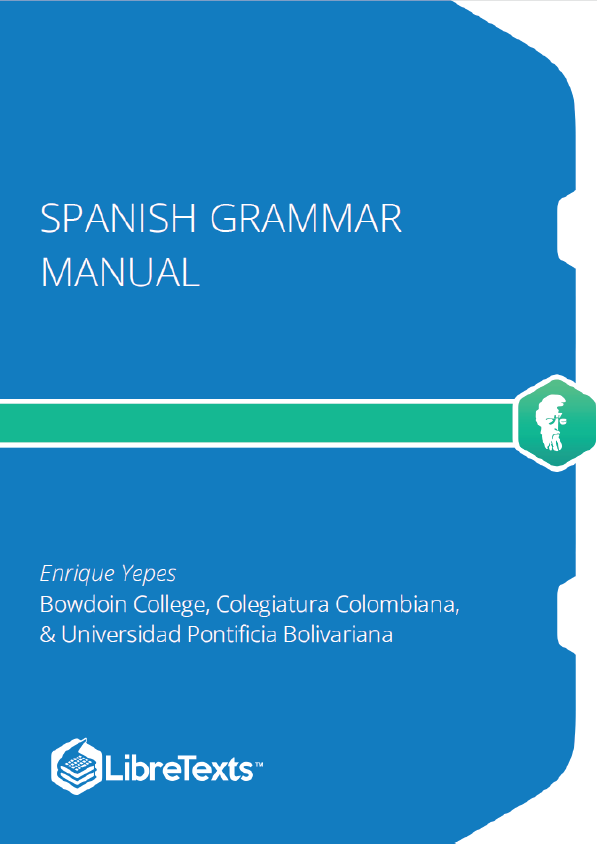Reflexive and reciprocal verbs
Many verbs are reflexive in Italian, that is, they describe an action that you do to yourself, such as to wash your hands [lavarsi le mani] or to wake yourself up [svegliarsi]. Italian verbs tend to use the reflexive form more often than English verbs, so many verbs that are reflexive in Italian are not reflexive in English, such as lamentarsi [to complain] and arrabbiarsi [to get angry]. Reflexive verbs in the present tense are conjugated exactly like all verbs in -are,-ere, –ire, with the addition of a reflexive pronoun.
Passato prossimo
In the passato prossimo, all reflexive verbs take essere as the auxiliary. As for all verbs that take essere in the passato prossimo, a singular female subject will say mi sono persa a Venezia, a masculine plural subject will say ci siamo persi a Venezia, etc.
Reciprocal verbs describe an action that two or more people do to or with each other, and they take the same form as reflexive verbs. Reciprocal verbs are always conjugated in the plural forms of the verb, because they always involve two or more people. Consider the conjugation of verb abbracciarsi [to hug each other] in the present tense and in the passato prossimo:
The adverb and pronoun ci
Consider the following example:
- Giovanni: Siete andati in montagna domenica?
- Davide: Sì, ci siamo andati. Bellissimo!
Ci means there orin/to/at the place that has already been mentioned. In the example above, ci stands for in montagna. We use ci to avoid repeating the name of the place. Whereas in English we often do not necessarily need to say there, in Italian it is obligatory to say ci.
Now consider the following example:
- Giovanni: Riesci a finire il tema per domani?
- Davide: Sì, ci riesco, non ti preoccupare.
With verbs such as riuscire a [ to manage to; to be able to ], credere a (in) [ to believe in ] and provare a [ to try to ], ci can replace a word or phrase introduced by the prepositions a or in. In the example above, ci stands for finire il tema.
Ci always goes before the conjugated verb, i.e.: ci vado, ci sono andato, etc. However, when there is a verb + an infinitive, it can go either before the conjugated verb or be attached to the end of the infinitive after you have dropped the last letter of the infinite, as in andare > andar. Consider the two possible answers to the following question:
Sei già andato al nuovo ristorante in via Roma?
- No, ma ci voglio andare.
- No, ma voglio andarci.
Espressioni molto usate:
- ci credo [I believe it; I believe in it]; non ci credo [I don’t believe it; I don’t believe in it]
- ci riesco [I can do it]; non ci riesco [I can’t do it]
- ci provo [I try]
- provaci! [Try!]











